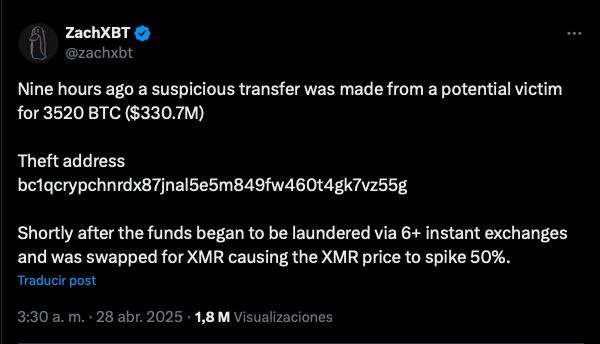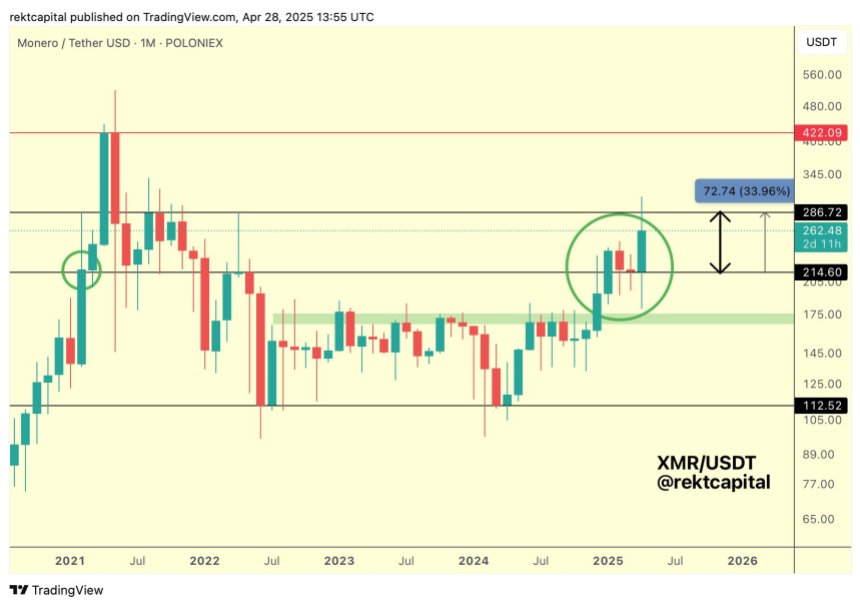Embattled Indian crypto exchange WazirX’s restructuring plan has hit a major snag, with the Singapore High Court declining to approve the crypto exchange’s proposed scheme to repay creditors.
The decision effectively delays any payouts that were expected to begin as early as April 2025. “The Honourable Singapore High Court issued an order declining to approve our proposed restructuring plan,” WazirX said in an email to creditors.
“While this outcome was not what we anticipated, we respect the Court’s decision and remain fully committed to complying with all legal and regulatory processes. Our primary focus remains to begin distributions as soon as possible,” it claimed.
The court initially approved WazirX’s plan in January after the exchange sought protection from liquidation in the wake of a devastating $230 million hack by North Korea’s Lazarus Group.
The scheme would have allowed creditors to vote on whether to accept the plan, with payouts promised within 10 business days of activation.
That plan also included launching a decentralized exchange (DEX), issuing recovery tokens, and implementing periodic buybacks to support liquidity.
But with the court’s latest decision, the timeline for creditor repayment has again been thrown into uncertainty. If the restructuring ultimately fails, WazirX could face liquidation under section 301 of the Singapore Companies Act, which might result in fire-sale prices for remaining assets and lower compensation for creditors, as previously reported.
WazirX has faced overwhelming criticism for its slow communication and limited success in asset recovery, and severely limiting the ability for users to interact with its social media accounts.
The exchange once dominated crypto trading in India, but many are now left wondering if they will ever see their money again.














